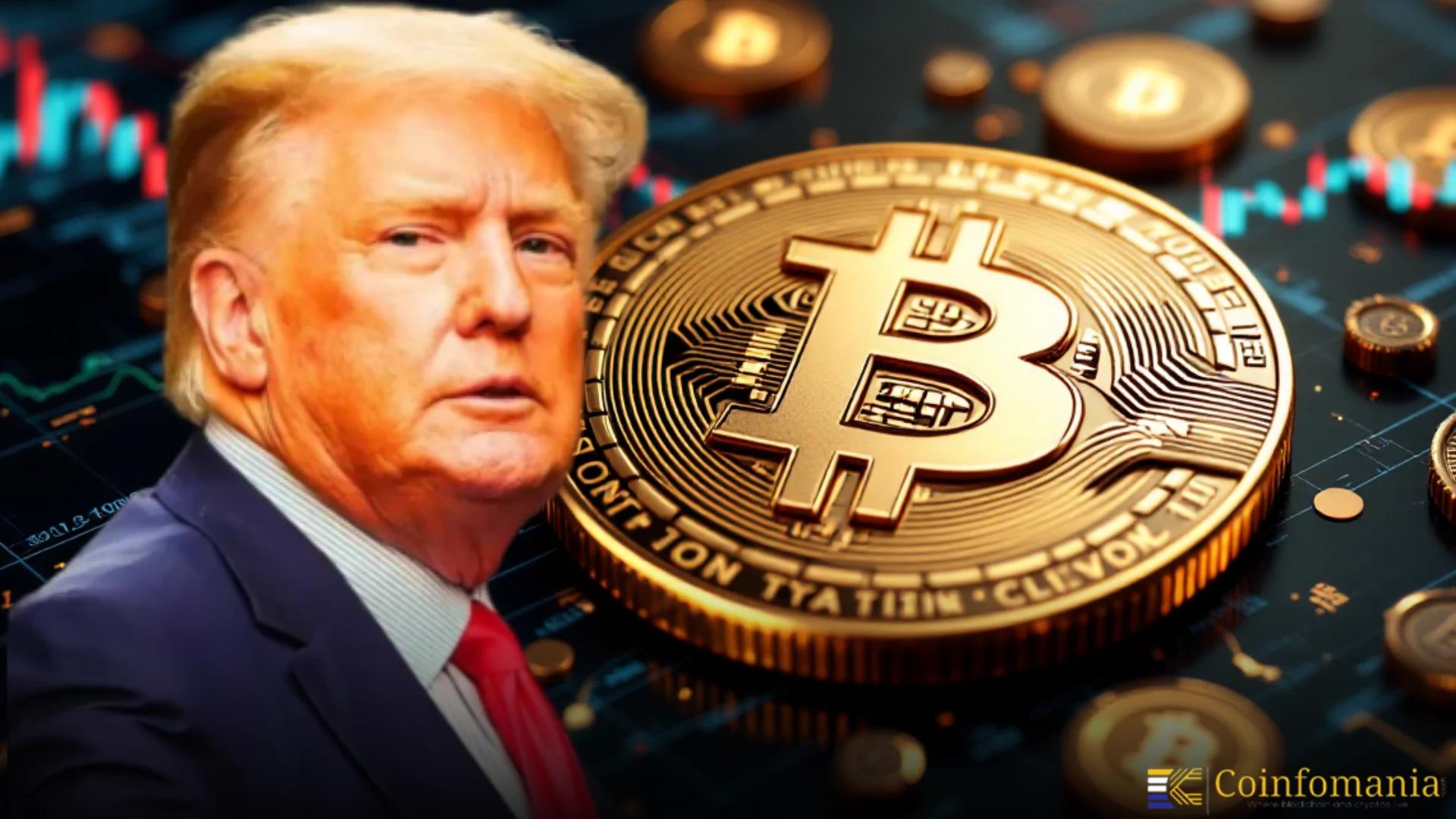Bitcoin Crashes After Trump’s 100% Tariff Pledge on Imports
What happens to Bitcoin when trade wars heat up? Trump’s 100 % tariffs on Chinese imports spark a steep crypto slide

Quick Take
Summary is AI generated, newsroom reviewed.
Trump’s 100% tariff pledge on Chinese imports triggered a major Bitcoin crash and market selloff.
Leverage, forced liquidations, and panic selling worsened the downturn in the crypto market.
Renewed trade war fears spooked investors and disrupted global risk sentiment.
Bitcoin’s reaction shows that geopolitical risks now have a powerful influence on crypto prices.
The global cryptocurrency market saw a drop of considerable importance after Donald Trump announced 100% tariffs on all Chinese goods that initiated an abrupt and significant crash for Bitcoin. The announcement spooked investors and fanned fears over protracted trade tensions between the United States and China.
In a matter of hours, Bitcoin crashed greater than 8% and lost billions as its market cap crumbled. This led to the broader crypto market to sell off alongside Bitcoin. The trajectory of the cryptocurrency market illustrates anew how closely digital assets now align with important signals from global economies and politics.
Bitcoin drops sharply after Trump pledge to hit all Chinese imports with 100% tariffs. pic.twitter.com/c5dE6LDNez
— Current Report (@Currentreport1) October 11, 2025
How Trump’s Tariff Plan Sparked Panic in Crypto
Markets were caught off guard when Trump’s statement spread across social media, promising to “end China’s unfair trade advantage” by imposing maximum tariffs. The proposed plan suggested a full embrace of the aggressive protectionist policies of recent history. Market participants swiftly perceived this as an escalation of economic hostilities. They had quickly drew down on economically sensitive high-risk assets and moved to instruments such as U.S. Treasury securities.
The collapse of the price of Bitcoin was a function of the policy, but it also revealed a pervasive market anxiety that rising tariffs might weaken trade, disrupt tech supply chains, and introduce more liquidity risks into the financial system.
Leverage and Liquidations Amplified the Downturn
The selloff intensified as leveraged traders faced mass liquidations. Exchanges recorded millions in forced closures of long positions, accelerating the downward spiral. The crypto market’s structure, highly leveraged and driven by derivatives, made it particularly vulnerable to this shock. Once Bitcoin broke key technical levels, automated sell orders flooded the market. The crypto market then experienced one of its sharpest intraday declines in recent months, with Ethereum, Solana, and several other altcoins following Bitcoin’s trajectory.
Trade War Fears Resurface in Global Markets
Trump’s tariff plan evoked memories from the 2018-19 trade war and its aftermath on global manufacturing and capital flows. The proposed tariffs of 100% would impact nearly all Chinese goods ranging from electronics, machinery, and raw materials used in crypto mining. There were concerns from market that the trade war would heighten supply chain issues in the technology sector. Concerns led to selling pressure associated as traders unwind risk positions. The correlation between crypto and macroeconomic sentiment became clear once again, when trade fears rise, risk assets fall.
Bitcoin Crash Reflects Broader Market Repricing
The Bitcoin crash, in addition to how it caused some reflexive liquidations, tells a bigger story: the markets are repricing risk. As geopolitical uncertainty rises, investors seek safety and have moved to stability in gold, bonds, and the U.S. dollar. Like risk assets, Bitcoin, which was once thought to be an inflation hedge, behaved like a risk asset this time.
This behavior change highlights that crypto is now responding heavily to real world policy developments. It is no longer insulated from those policy developments. Analysts suggest that the volatility may stay extended as traders reassess their willingness to have exposure to speculative assets based around renewed trade tensions.
Final Thoughts
The decline of Bitcoin ensuing Trump’s 100% tariffs is a harsh reminder that digital assets are not immune. Each significant political and economic happening will have implications for the crypto ecosystem. As trade tensions continue to increase, investors will need to be alert. They should change their investment style, and prepare for stable or unstable levels of volatility. The connection between the policy of the world and crypto returns has never been more pervasive, and in today’s playing field, headlines can move prices as quickly as innovation can.
Follow us on Google News
Get the latest crypto insights and updates.


